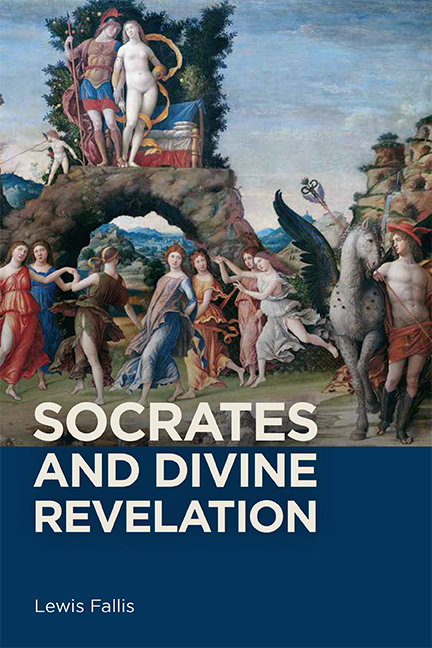Summary
We now have some understanding of Euthyphro's character, by which I mean especially his moral character. Euthyphro has strong opinions about justice understood as service to the common good of Athens. He has strong opinions about justice understood as the impartial giving to each of what is owed. What a person is owed will depend on his virtue or his vice. Therefore, Euthyphro, if he understands what is owed, must also have some understanding of virtue and vice. He himself, as we have seen, desires to do what is noble. We can see the effects of this desire in his general deviation from what is normal, in his public prophesying, in his prosecution of his father, and now in his effort to save Socrates, the hearth of the city, from indictment and death. The question to which we now turn is that of the connection, or lack thereof, between his moral opinions and his piety. For Euthyphro appears to have had some experience of divinity that allows him, in strident opposition to his family, his community, and the prevailing understanding of morality and piety, to know that it is in fact pious to prosecute his own father for murder. But how is Euthyphro so certain that this action is pious? What delimits the class of the pious, or what gives Euthyphro certainty as to which actions are demanded by the gods?
Definition One: The Pious as the (Punitively) Just (5d8–6e10)
Having agreed to the terms according to which Socrates wants to be taught, Euthyphro provides the dialogue's first definition of the pious (5d8–5e2). Without pausing he offers, unprompted, a “great proof” that this definition is accurate (5e2–6a6). There follows in the wake of this proof a lengthy digression by Socrates, who speaks with incredulity about the Athenian religious tradition while Euthyphro, intervening, twice attempts to lure him into listening to secret and fantastic stories about the gods (6a7–6c7). Socrates, uninterested in these stories, at last returns to the subject of the definition that Euthyphro had offered to him only to discard it abruptly, insisting that Euthyphro has failed to teach him the idea of the pious and must try again (6c8–6e10).
- Type
- Chapter
- Information
- Socrates and Divine Revelation , pp. 49 - 81Publisher: Boydell & BrewerPrint publication year: 2018

